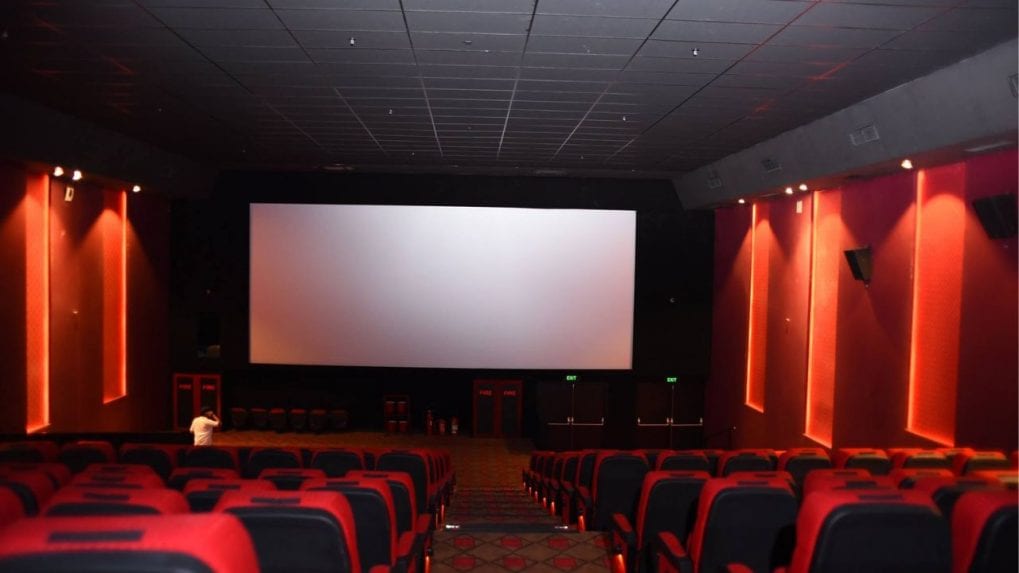Digital
Why OpenAI is hiring 100 ex-bankers: Inside the ChatGPT-maker's secret project to automate Wall Street's grunt work

The Bombay High Court on Thursday struck down Maharashtra government orders prohibiting multiplexes and cinema operators from charging convenience fees on online movie ticket bookings, as per a Bar & Bench report.
A division bench comprising Justice M.S. Sonak and Justice Jitendra Jain ruled that the government had no authority under the Maharashtra Entertainment Duty Act (MED Act) to impose such restrictions. The court emphasized that the prohibition infringed on the fundamental right to carry on business under Article 19(1)(g) of the Constitution.
The judgment was delivered in response to petitions filed by major cinema operators, including PVR Limited and Big Tree Entertainment Pvt. Ltd. (which operates BookMyShow). The companies had contested two state orders issued between April 2013 and March 2014 that directed theatres not to charge customers any amount beyond the ticket price and applicable entertainment duty.
The petitioners argued that convenience fees were separate charges mutually agreed upon between private parties for services like online booking, payment gateway access, and customer support - costs not covered by ticket prices or subject to entertainment tax.
In contrast, the State contended that such fees were not permissible under the MED Act and amounted to unauthorized extra charges. It relied on Sections 3(3)(e), 4(2)(b), and 7 of the Act, and also invoked Article 162 of the Constitution, claiming executive powers to regulate such practices in public interest.
However, the Court found no statutory basis for the ban. “We could not find any power in the Act which permits the Respondents to issue G.O.s prohibiting collection of convenience fees on online ticket booking,” the judges observed, referring specifically to Section 10 of the MED Act, the report added.
The Court rejected the State’s argument under Article 162, ruling that executive powers cannot be exercised in a legislative vacuum. It noted that for any such direction to be valid, it must be anchored in an existing law—a requirement unmet in this case.
The Bench also made it clear that if a customer chooses the convenience of online booking and agrees to pay a fee for it, the State has no authority to interfere. “Suppose the customer feels it convenient to book the tickets online... the respondents cannot restrain the petitioners from collecting the convenience fees,” the report said. The ruling clarified that economic activity cannot be micromanaged by the State. “If business owners are not permitted to determine the various facets of their business (in accordance with law), economic activity would come to a grinding halt,” the Court observed.
However, the Court limited the scope of its ruling and did not decide on whether such convenience fees are liable to entertainment duty.
In a wide-ranging interview with Storyboard18, Sorrell delivers his frankest assessment yet of how the deal will redefine creativity, media, and talent across markets.